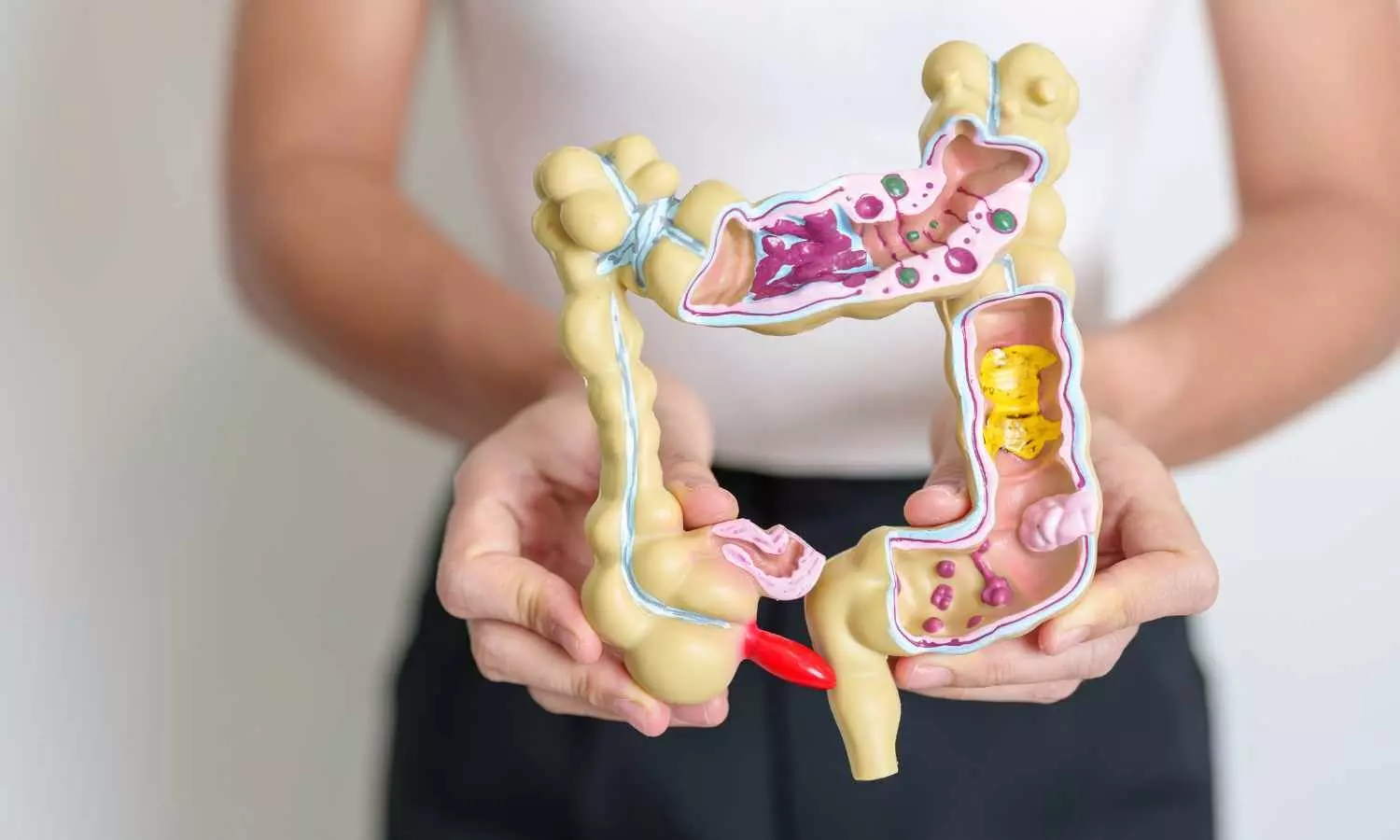- Home
- Medical news & Guidelines
- Anesthesiology
- Cardiology and CTVS
- Critical Care
- Dentistry
- Dermatology
- Diabetes and Endocrinology
- ENT
- Gastroenterology
- Medicine
- Nephrology
- Neurology
- Obstretics-Gynaecology
- Oncology
- Ophthalmology
- Orthopaedics
- Pediatrics-Neonatology
- Psychiatry
- Pulmonology
- Radiology
- Surgery
- Urology
- Laboratory Medicine
- Diet
- Nursing
- Paramedical
- Physiotherapy
- Health news
- AYUSH
- State News
- Andaman and Nicobar Islands
- Andhra Pradesh
- Arunachal Pradesh
- Assam
- Bihar
- Chandigarh
- Chattisgarh
- Dadra and Nagar Haveli
- Daman and Diu
- Delhi
- Goa
- Gujarat
- Haryana
- Himachal Pradesh
- Jammu & Kashmir
- Jharkhand
- Karnataka
- Kerala
- Ladakh
- Lakshadweep
- Madhya Pradesh
- Maharashtra
- Manipur
- Meghalaya
- Mizoram
- Nagaland
- Odisha
- Puducherry
- Punjab
- Rajasthan
- Sikkim
- Tamil Nadu
- Telangana
- Tripura
- Uttar Pradesh
- Uttrakhand
- West Bengal
- Medical Education
- Industry
Researchers identify why cancer immunotherapy can cause colitis

Researchers at the University of Michigan Health Rogel Cancer Center have identified a mechanism that causes severe gastrointestinal problems with immune-based cancer treatment.
They also found a way to deliver immunotherapy's cancer-killing impact without the unwelcome side effect.
The findings are published in Science.
"This is a good example of how understanding a mechanism helps you to develop an alternative therapy that's more beneficial. Once we identified the mechanism causing the colitis, we could then develop ways to overcome this problem and prevent colitis while preserving the anti-tumor effect," said senior study author Gabriel Nunez, M.D., Paul de Kruif Professor of Pathology at Michigan Medicine.
Immunotherapy has emerged as a promising treatment for several types of cancer.
But immune checkpoint inhibitors can also cause severe side effects, including colitis, which is inflammation in the digestive tract.
Colitis can cause severe gastrointestinal discomfort, and some patients will discontinue their cancer treatment because of it.
The problem facing researchers was that while patients were developing colitis, the laboratory mice were not.
So researchers couldn't study what was causing this side effect.
To get past this, the Rogel team, led by first author Bernard C. Lo, Ph.D., created a new mouse model, injecting microbiota from wild-caught mice into the traditional mouse model.
In this model, the mice did develop colitis after administration of antibodies used for tumor immunotherapy.
Now, researchers could trace back the mechanism to see what was causing this reaction.
In fact, colitis developed because of the composition of the gut microbiota, which caused immune T cells to be hyper-activated while regulatory T cells that put the brakes on T cell activation were deleted in the gut.
This was happening within a specific domain of the immune checkpoint antibodies.
Researchers then removed that domain, which they found still resulted in a strong anti-tumor response but without inducing colitis.
"Previously, there were some data that suggested the presence of certain bacteria correlated with response to therapy. But it was not proven that microbiota were critical to develop colitis. This work for the first time shows that microbiota are essential to develop colitis from immune checkpoint inhibition," Nunez said.
To follow up what they saw in mice, researchers reanalyzed previously reported data from studies of human cells from patients treated with immune checkpoint antibodies, which reinforced the role of regulatory T cells in inducing colitis.
The antibody they used to stop the colitis was developed by Takeda Pharmaceuticals.
The Rogel team plans additional studies to further understand the mechanisms causing colitis and seeks clinical partners to move this knowledge to a clinical trial.
Reference:
Bernard C. Lo, Ilona Kryczek, Jiali Yu, Linda Vatan, Roberta Caruso, Masanori Matsumoto, Yosuke Sato, Michael H. Shaw, Naohiro Inohara, Yuying Xie, Yu Leo Lei, Weiping Zou, Gabriel Núñez. Microbiota-dependent activation of CD4 + T cells induces CTLA-4 blockade–associated colitis via Fcγ receptors. Science, 2024; 383 (6678): 62 DOI: 10.1126/science.adh8342.
Dr Kamal Kant Kohli-MBBS, DTCD- a chest specialist with more than 30 years of practice and a flair for writing clinical articles, Dr Kamal Kant Kohli joined Medical Dialogues as a Chief Editor of Medical News. Besides writing articles, as an editor, he proofreads and verifies all the medical content published on Medical Dialogues including those coming from journals, studies,medical conferences,guidelines etc. Before Joining Medical Dialogues, he has served at important positions in the medical industry in India including as the Hony. Secretary of the Delhi Medical Association as well as the chairman of Anti-Quackery Committee in Delhi and worked with other Medical Councils in India. Email: editorial@medicaldialogues.in. Contact no. 011-43720751


